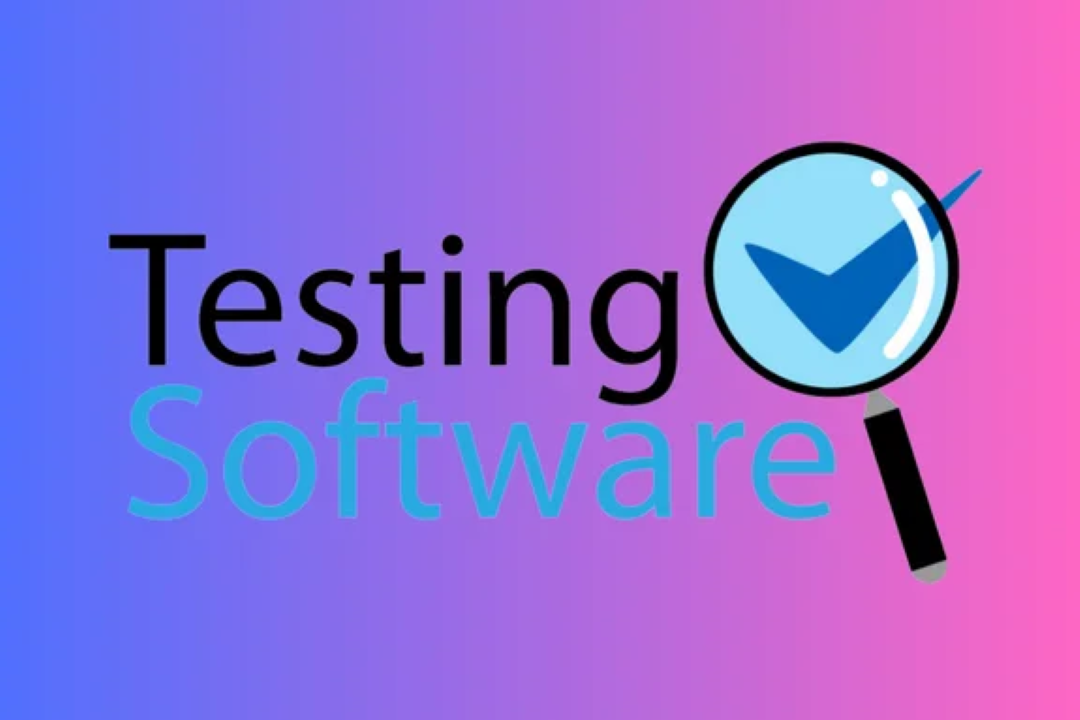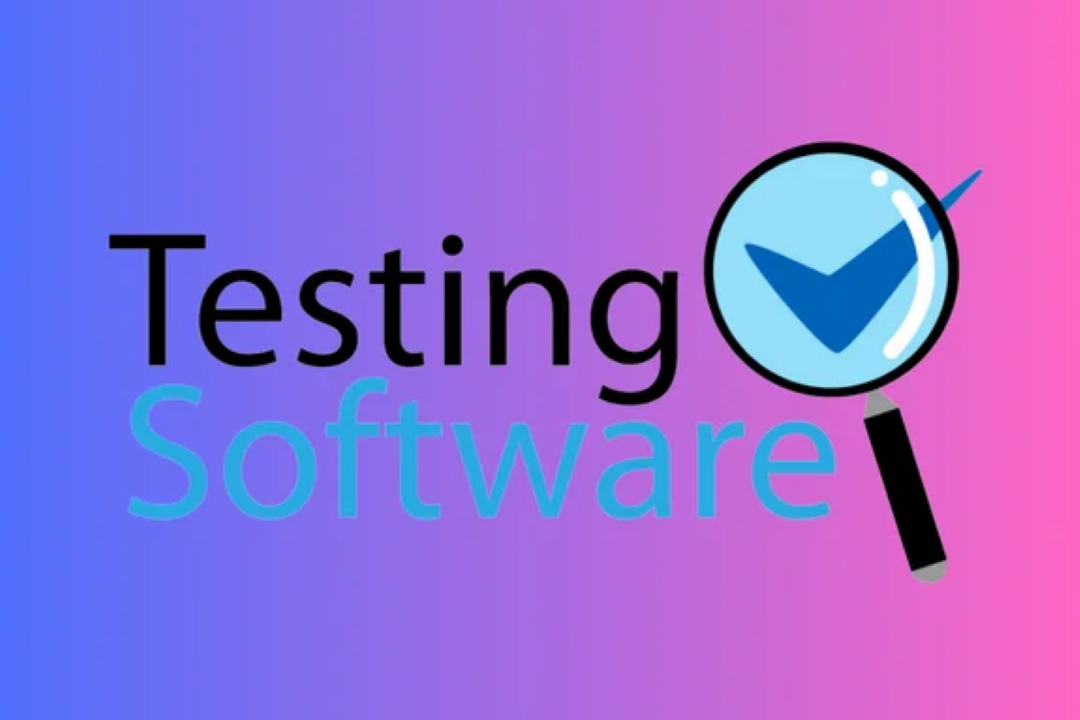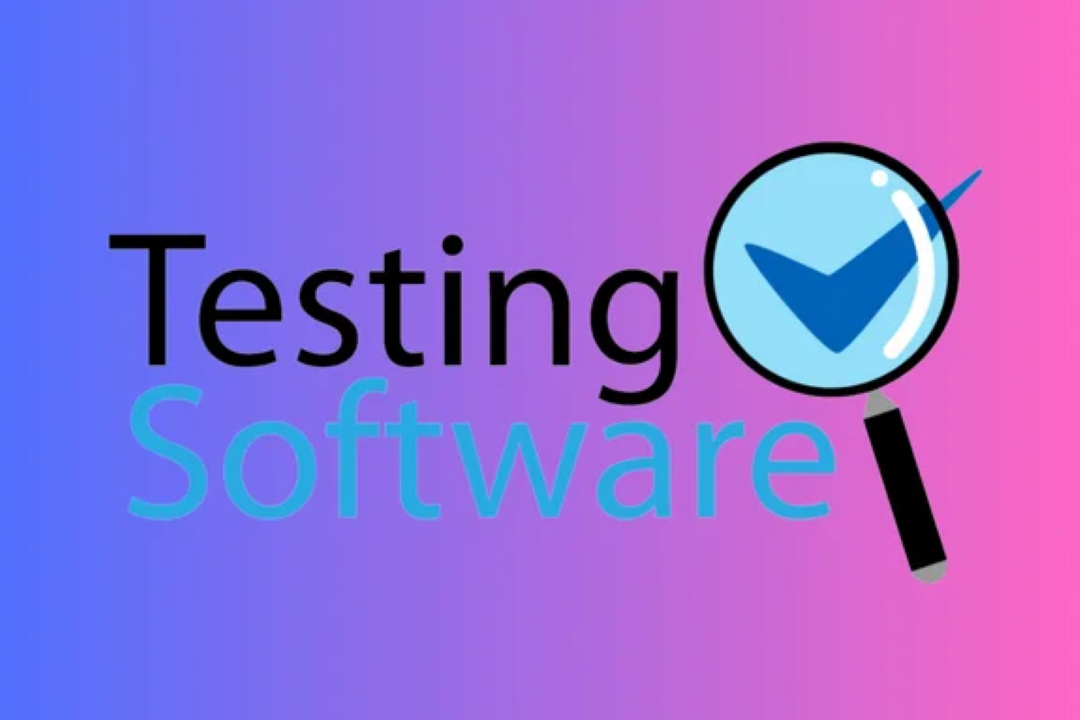best selenium training and placement in NCR
The best Selenium training and placement programs in NCR are designed to provide comprehensive educa
best selenium training and placement in NCR
The best Selenium training and placement programs in NCR provide an invaluable opportunity for individuals looking to enhance their careers in software testing. By offering in-depth knowledge of Selenium, participants can learn automation testing techniques that are in high demand within the tech industry. These programs typically include real-time projects that simulate actual work scenarios, ensuring that learners gain practical experience and confidence. Additionally, the placement assistance provided helps bridge the gap between training and employment, connecting graduates with leading companies eager for skilled automation testers. This combination of quality education and career support empowers participants to excel in their roles and contributes to their professional growth.
To Download Our Brochure: https://www.justacademy.co/download-brochure-for-free
Message us for more information: +91 9987184296
The best Selenium training and placement programs in NCR provide an invaluable opportunity for individuals looking to enhance their careers in software testing. By offering in depth knowledge of Selenium, participants can learn automation testing techniques that are in high demand within the tech industry. These programs typically include real time projects that simulate actual work scenarios, ensuring that learners gain practical experience and confidence. Additionally, the placement assistance provided helps bridge the gap between training and employment, connecting graduates with leading companies eager for skilled automation testers. This combination of quality education and career support empowers participants to excel in their roles and contributes to their professional growth.
Course Overview
The “Best Selenium Training and Placement in NCR” course is designed to equip learners with comprehensive knowledge and hands-on experience in automation testing using Selenium. Covering fundamental concepts to advanced techniques, the curriculum includes real-time projects that reflect industry standards, enabling participants to apply their skills in practical scenarios. The training encompasses essential topics such as test automation frameworks, integration with tools like JUnit and TestNG, and best practices for effective automation scripts. Additionally, the program provides dedicated placement assistance, connecting graduates with top-tier companies in the NCR region, ensuring a smooth transition from learning to employment. With expert instructors and a focus on real-world application, this course prepares participants to excel in their careers as proficient automation testers.
Course Description
The “Best Selenium Training and Placement in NCR” course offers an in-depth exploration of automation testing using Selenium, catering to both beginners and experienced testers. Participants will gain hands-on experience through real-time projects that simulate industry scenarios, covering essential aspects like test automation frameworks, integration with tools such as JUnit and TestNG, and advanced scripting techniques. The program also emphasizes best practices for writing maintainable and efficient code. Beyond technical training, the course includes dedicated placement assistance, ensuring graduates are well-prepared to enter the job market and connect with leading companies in the NCR region.
Key Features
1 - Comprehensive Tool Coverage: Provides hands-on training with a range of industry-standard testing tools, including Selenium, JIRA, LoadRunner, and TestRail.
2) Practical Exercises: Features real-world exercises and case studies to apply tools in various testing scenarios.
3) Interactive Learning: Includes interactive sessions with industry experts for personalized feedback and guidance.
4) Detailed Tutorials: Offers extensive tutorials and documentation on tool functionalities and best practices.
5) Advanced Techniques: Covers both fundamental and advanced techniques for using testing tools effectively.
6) Data Visualization: Integrates tools for visualizing test metrics and results, enhancing data interpretation and decision-making.
7) Tool Integration: Teaches how to integrate testing tools into the software development lifecycle for streamlined workflows.
8) Project-Based Learning: Focuses on project-based learning to build practical skills and create a portfolio of completed tasks.
9) Career Support: Provides resources and support for applying learned skills to real-world job scenarios, including resume building and interview preparation.
10) Up-to-Date Content: Ensures that course materials reflect the latest industry standards and tool updates.
Benefits of taking our course
Functional Tools
1 - Selenium WebDriver: Selenium WebDriver is the core tool used for automation testing in the course. It allows testers to interact with browsers, simulating user actions effectively. With its extensive support for various programming languages like Java, C#, and Python, students learn to write robust test scripts that can execute browser commands, verify web elements, and handle dynamic content. The curriculum delves into object oriented principles, helping students to utilize WebDriver to its full potential while maintaining clean and efficient code.
2) TestNG: TestNG is a powerful testing framework integrated into the course to help students manage and organize their test cases. It supports annotations, data driven testing, and parameterization, allowing for more scalable tests. Students learn how to group tests, implement test prioritization, and create reports easily, thus enhancing the overall testing process. By utilizing TestNG with Selenium, learners can execute multiple test cases seamlessly while ensuring proper management of test results and logs.
3) Maven: Apache Maven is introduced as a build automation tool crucial for managing project dependencies. In the course, students learn how to set up and manage Maven projects efficiently, allowing for streamlined builds and easy integration of additional libraries. By using Maven, students can automate the testing process and handle version control of their project dependencies, thereby minimizing configuration complexity and improving project consistencies.
4) Git and GitHub: Version control is key in any development environment, and students will learn to use Git and GitHub as part of their training. They will understand branching, merging, and pull requests, which facilitate collaboration on projects. The course emphasizes best practices for version control, enabling students to manage their code effectively and maintain a comprehensive history of their testing projects, essential for team based development environments.
5) Selenium Grid: To enable parallel test execution across multiple browsers and platforms, Selenium Grid is introduced. Students will learn how to set up and configure a Selenium Grid hub and nodes, which allows for efficient testing in diverse environments simultaneously. This knowledge helps reduce testing time significantly and prepares students for real world testing scenarios where speed and efficiency are crucial.
6) Cucumber: The course incorporates Cucumber for behavior driven development (BDD), allowing students to write tests in a human readable format. This fosters collaboration between technical and non technical team members by bridging the gap through clearly defined specifications. Students learn to implement Gherkin syntax for writing test scenarios, enabling better communication and understanding of requirements, ultimately leading to more effective testing outcomes.
7) Jenkins: Continuous integration and delivery are essential in today’s software development landscape, and Jenkins is introduced to facilitate these practices. Students learn how to set up Jenkins to automate the testing pipeline, ensuring that tests are run automatically with every code change. This knowledge equips them with the skills to maintain high code quality and rapid delivery cycles, essential for modern software development practices.
8) API Testing with Postman: The course includes training on API testing using Postman, a powerful tool for developers and testers. Students learn how to create and manage API requests, validate responses, and automate API tests. This skill is crucial as applications increasingly rely on backend services, and students become adept at ensuring the functionality and performance of APIs alongside their web applications.
9) Page Object Model (POM): The Page Object Model design pattern is a vital topic in the curriculum, teaching students to structure their automation code for better maintainability and scalability. By separating the representation of web pages from the tests themselves, students learn to create reusable components that simplify updates when the UI changes, improving the test framework's overall robustness.
10) Cross Browser Testing: Given the necessity of ensuring web applications function across diverse browsers and devices, the course covers techniques for cross browser testing. Students learn how to utilize tools and services that simplify testing across environments, ensuring consistent functionality and user experience across various platforms, such as Chrome, Firefox, Safari, and Edge.
11 - Reporting and Logging: Comprehensive reporting and logging are essential for tracking test outcomes and diagnosing issues. The curriculum includes training on integrating reporting libraries like ExtentReports, which help generate visually appealing and informative test reports. Students also learn best practices for logging test execution details, aiding in troubleshooting and improving overall test visibility.
12) Mobile Testing with Appium: To address the growing significance of mobile applications, the course introduces mobile testing using Appium. Students discover how to automate tests for both Android and iOS applications, increasing their skill set to encompass a broader range of applications. They will learn to handle native, hybrid, and mobile web applications, essential for a full spectrum automation skill suite.
13) Performance Testing Basics: Students gain insights into the fundamentals of performance testing, including load testing and stress testing, using tools like JMeter. Learning to measure application performance under varying conditions equips students with the ability to identify and address potential bottlenecks, ensuring applications meet user expectations for speed and responsiveness.
14) Best Practices in Automation Testing: The course emphasizes industry best practices throughout the training, including maintaining clear and readable test scripts, effective test design strategies, and collaboration techniques. These practices foster a culture of continuous improvement within teams, enabling participants to contribute positively to the overall quality assurance process.
15) Real Time Projects: A key component of the course is hands on experience through real time projects. Students work on live case studies, applying the learned concepts to solve actual testing challenges. This aspect enhances their portfolio and provides a practical understanding of the automation lifecycle, preparing them for the demands of the job market.
16) Soft Skills Development: Recognizing that technical skills alone do not guarantee success, the course includes training on essential soft skills such as effective communication, problem solving, and teamwork. These skills are valuable in collaborating with cross functional teams and presenting findings clearly to stakeholders, making students well rounded professionals in the field.
Browse our course links : https://www.justacademy.co/all-courses
To Join our FREE DEMO Session:
This information is sourced from JustAcademy
Contact Info:
Roshan Chaturvedi
Message us on Whatsapp:
Email id: info@justacademy.co












